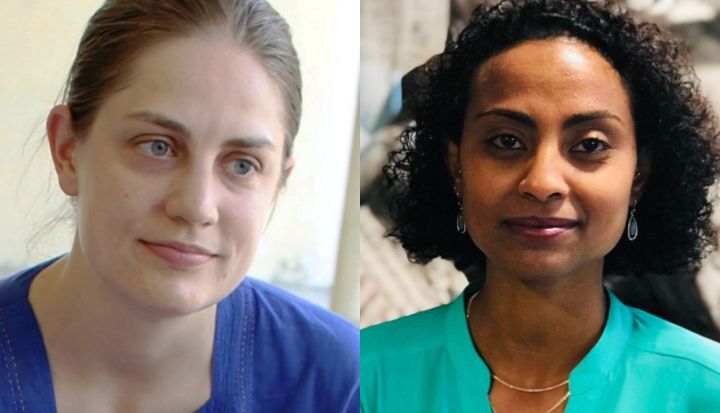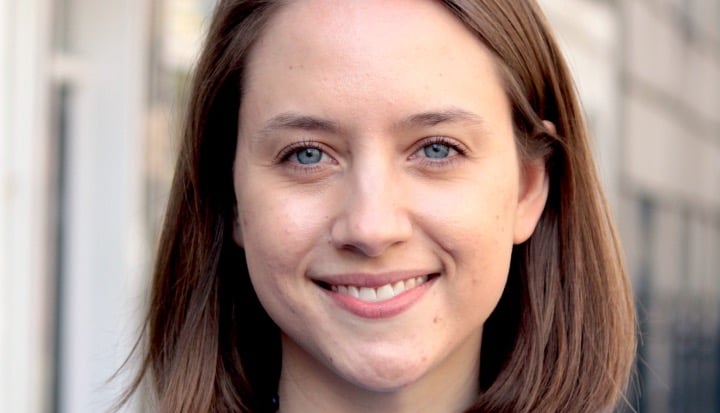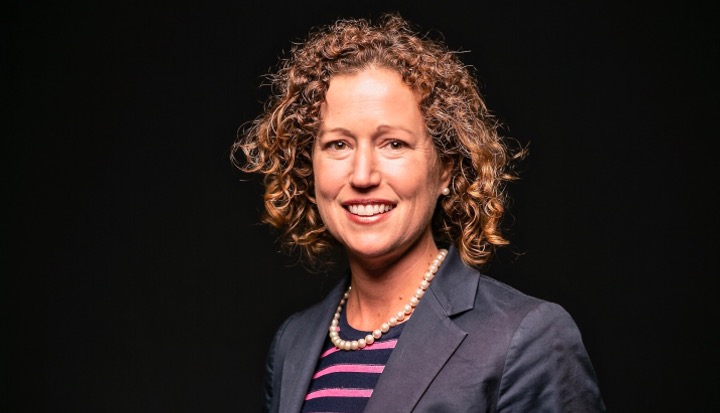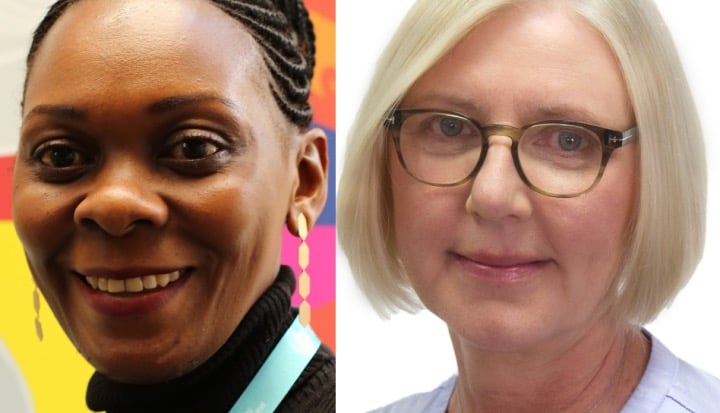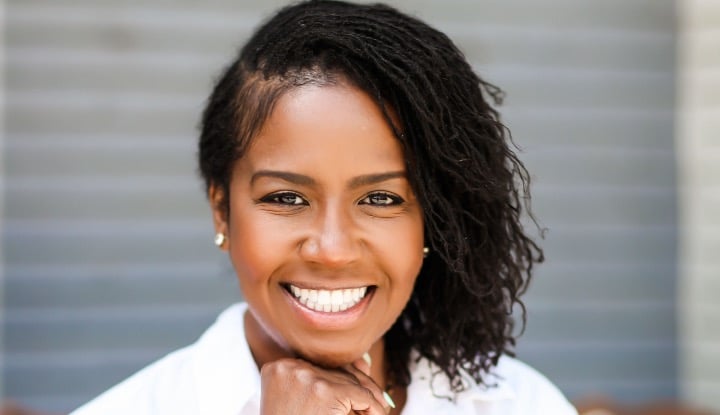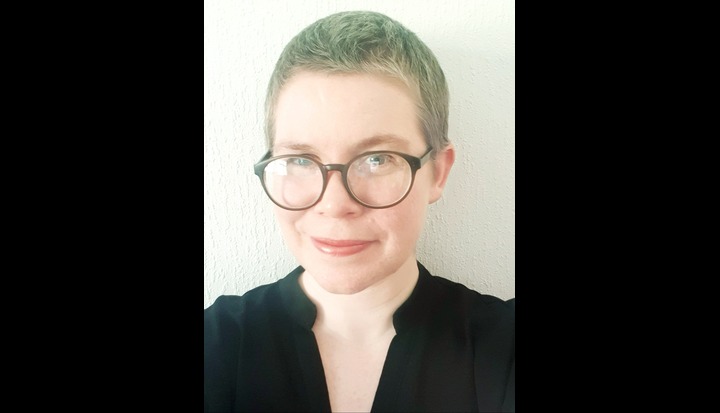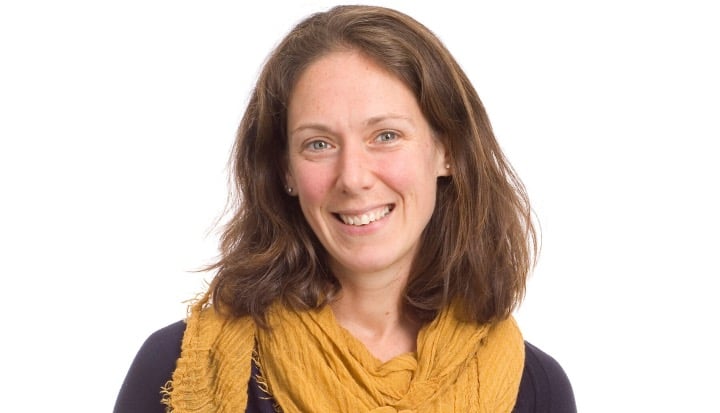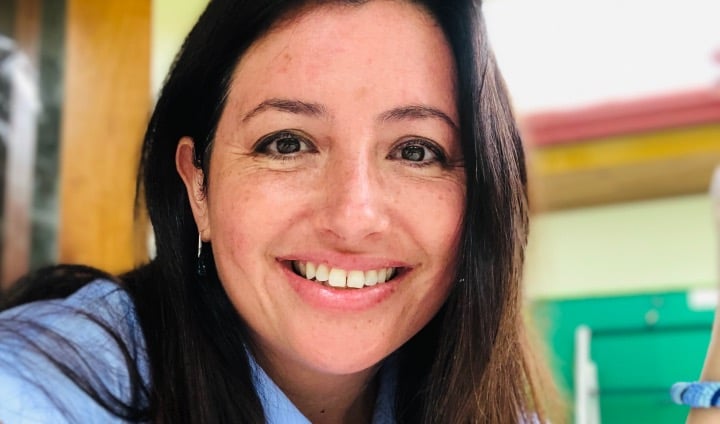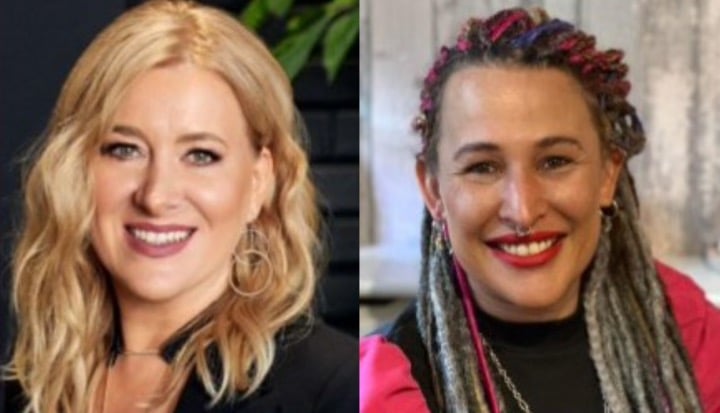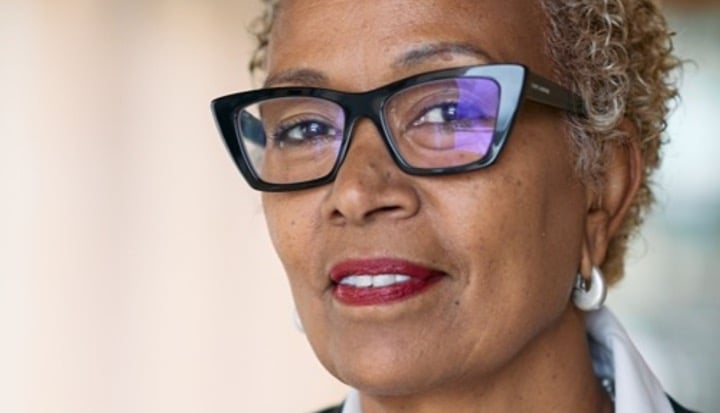BFP: What do you do?
 SH: Evolvemint’s innovative business model merges fashion with sustainable economic development approaches without compromising quality and classic style. Scarves, and accessories are crafted from silk that is ethically sourced from suppliers in Bangladesh, as well as recycled saris. (We are also currently working on a clothing collection using these fabrics). To promote our mission, I am involved with all the fundamental actions needed to make Evolvemint a success. Operationally, I work on product and market development. Technically, I work to make sure all parts of the supply chain from producers to consumers recognize that gender issues exist, and can be improved throughout each part of the process.
SH: Evolvemint’s innovative business model merges fashion with sustainable economic development approaches without compromising quality and classic style. Scarves, and accessories are crafted from silk that is ethically sourced from suppliers in Bangladesh, as well as recycled saris. (We are also currently working on a clothing collection using these fabrics). To promote our mission, I am involved with all the fundamental actions needed to make Evolvemint a success. Operationally, I work on product and market development. Technically, I work to make sure all parts of the supply chain from producers to consumers recognize that gender issues exist, and can be improved throughout each part of the process.
BFP: What is the best part about your job?
SH: I have the biggest smile on my face when I talk to people about how Evolvemint empowers women and inspires fresh change. I believe the sky is the limit, and anything is possible. So the best part of my job is that I am able harness my creativity into solutions that positively impact the lives of women in a sustainable manner.
Here’s an example of how I have been closing the information gap between supplier and consumer. In Bangladesh I work together with partners to inform them about what colors are in style each season so they are able to understand consumer demand along with quality assurance expectations. I work with them to build and improve upon their business capacities. In the United States, I inform my clients about the origination of Evolvemint’s products and the impact they bring to society by purchasing from our collection.
BFP: What have been your greatest challenges?
SH: Strong partnerships have been the key to realizing my goal of starting a business that supports and promotes truly sustainable economic development practices. Building those relationships abroad was extremely challenging. As Evolvemint came into being, I worked diligently to navigate through roadblocks related to perceptions, stigmas, and cultural differences, before I found the people who would share my vision.
When I visited potential vendors and partners in target countries, I was seldom welcomed to share my ideas about collaborating because I happened to be female. Not only was I looked down upon, but was often criticized for trying to “change a norm”. I was quite honestly shocked at the reactions I received from people with whom I thought I shared a common bond, a common history. I did not anticipate these barriers, and I became emotional at times because I was being so transparent and honest about how I saw these partnerships benefitting all parties in the long run.
BFP: How have you overcome these challenges? / / What is the secret of your success?
SH: I learned to lean on trusted colleagues who understood, and shared, my motivations and passions, and through them, I was able to sift through myriad non-starters to find partnerships that would really work. After establishing our own ‘norms’, the Evolvemint team was able to move forward through a planning process for the successful implementation of a shared vision working towards gender empowerment and sustainable economic development practices. My advice to others is to believe in yourself and your ideas and never give up. You will have disappointments, and make mistakes, but you can only learn and grow from these occurrences. Evolvemint’s business model continues to improve because of our lessons learned and our persistent belief that we can exercise creativity through fashion to enhance the livelihoods of women in Bangladesh.
BFP: If someone wants to do what you do, where should they start?
SH: My epiphany happened in 2010 after I realized that I had reached a plateau in my professional life. I yearned to find happiness through meaningful work, and knew that combining my two favorite passions, international development and fashion, would let me do just that. I brainstormed ideas that would make me truly excited to get up and work every day, and Evolvemint is that dream come to fruition. I wanted to create classic, elegant designs for dresses and skirts using use bold prints and high quality fabrics – in a nutshell, my aspiration was to create the clothing and accessories that I would wear myself, but couldn’t find in stores. I also wanted to be able to trace the origin of my apparel, to appreciate clothing as a work of art and confidence.
As an international development professional, it was imperative for me to create a business model that is economically sustainable, supports micro/small/medium enterprises and promotes gender equality. One of the most important elements of my work is that it connects me to my Bengali and Indian roots, and though I was born in Indiana, these countries are home to people who share my cultural heritage. I realize how fortunate I have been throughout my life, and my deepest desire is to provide opportunities for people who want to build a life that makes them feel valued and happy.
If you want to start a socially responsible business, brainstorm all your ideas about what your motivations are and what you plan to accomplish through your business. Organize these thoughts and share them with your trusted peers. Develop your vision and mission and then ask yourself what steps you will take to achieve these goals. Be aware that your business plan will continuously change, but you have to make sure you have established the fundamental building blocks of your vision and mission. Also make sure you understand the environment you will be operating in – nothing can be solved unless you are intimately familiar with the enabling environment you plan to work within.
BFP: Finally; what do you hope to get out of being part of the BFP community?
SH: I joined this community because I wanted to converse with like-minded people who share my beliefs towards creating sustainable development alternatives through business. This community has much to offer, and I believe if we share our ideas and collaborate, we can be more effective in creating meaningful change. I would be happy to exchange ideas to further our collective goals towards fighting poverty. I believe we have the spirit, intentions, and expertise.
Thank you to Sophia Hyder for taking the time to do this interview.
We’re always looking out for members to feature. Help us by taking two-minutes to update your profile, or by nominating someone for Business Fights Poverty Member of the Week.
Read previous Member of the Week interviews here.

